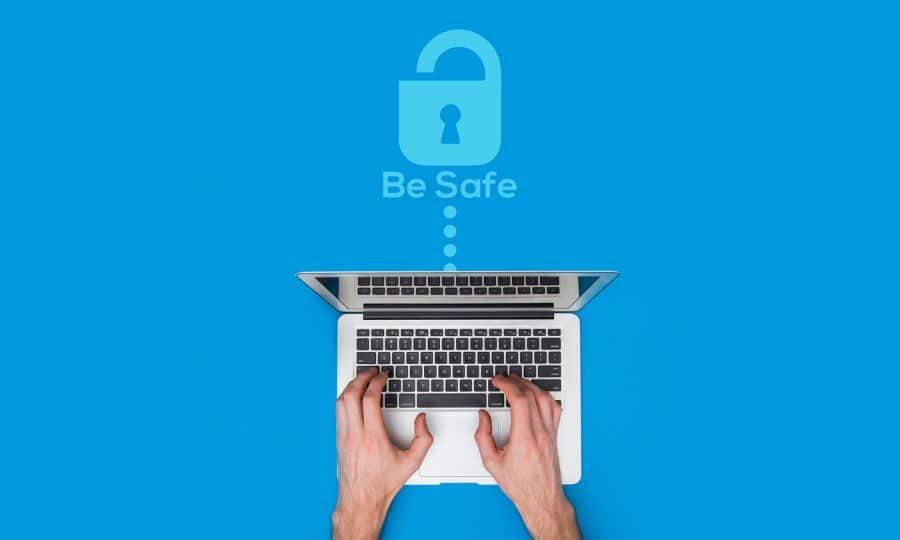4 Online Safety Tips You Should Know
With phishing scams, malicious software, and other cyberattacks, the World Wide Web can be a dangerous place to be in these days. And the proliferation and widespread accessibility of mobile devices like tablets and smartphones have opened us to more significant risks. The good news is that you can protect yourself online by following a few security measures. To that end, here are some online safety tips that should minimize your exposure to threats over the Internet.
Table of Contents
Create complex passwords
You’ve likely heard it many times before, but creating unique and strong passwords for every account is vital to keep your details like financial information safe. This is important, especially in today’s era where data breaches and hacks are relatively common. However, if it sounds like a lot of trouble remembering lengthy and complex passwords, don’t worry. There are password managers at How-To Geek that can make it easier for you to log into your accounts without compromising security in the process.
Additionally, you’ll want to make use of software like www.top10.com/id-theft/reviews/aura. What it does is offer users a suite of features to ensure the safety of your devices, finances, and identity, to name a few. It’ll monitor your credit, financial transactions, bank accounts, and other digital information and alert you if it detects potential threats. It also has its own password manager.
Use a virtual private network
It’s not hard to see why virtual private networks have become commonplace. As they’re often called, VPNs establish secure connections between their users and the Web, after all. Through the software, all data traffic that comes from you is encrypted. Moreover, because it effectively disguises or renders your connection invisible, it keeps you protected against both internal and external attacks. For this reason, everyone should invest in a VPN.
Download a reliable antivirus program
While following safety precautions when using the Internet can go a long way in keeping you safe, there are times when viruses are an unavoidable reality. Even if most modern operating systems are equipped with decent protection software, they’re usually not enough. And they can end up corrupting, deleting, or even stealing data like your class notes. As such, it makes sense to download a reliable antivirus program.
But before you commit to one, make sure that you consider your options and read up on reviews first. In this way, you’ll give yourself a better chance of finding an antivirus software that will do its job rather than one that fails to fulfill the claims made by its developer.
Be cautious of what you click
No matter how good your antivirus program is, it won’t make a difference if you carelessly click on every link. The majority of digital threats today are based primarily on social engineering and phishing, after all. This means that it’s meant to trick people into revealing sensitive or personal information. So be cautious of what you click on.
Conclusion
There’s no denying that we all rely on the Internet for most of our needs. As a result, it makes us targets for cybercriminals and viruses. But by having more complicated passwords, using a VPN and antivirus software, and being cautious about the links you click on, you’ll find yourself safe from cyberattacks.


